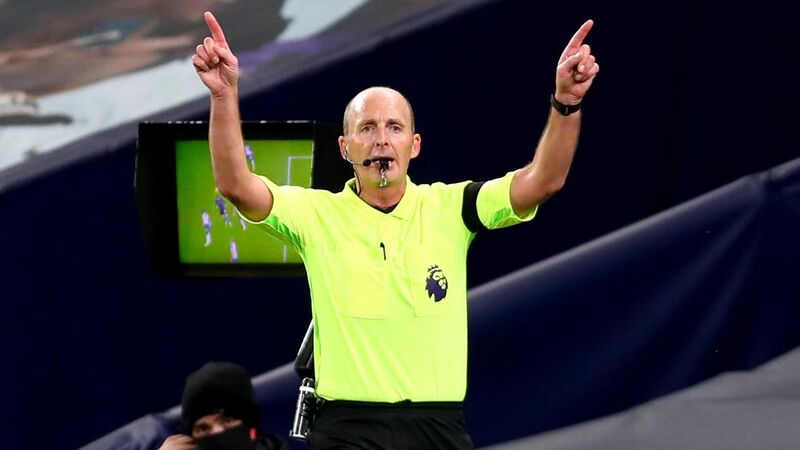Tommy Martin: In the age of online hate, every bit of kindness helps

Mike Dean's family received death threats on social media following West Ham’s game with Fulham last Saturday. Photo: Clive Rose/PA
Maybe Billy Burns got off lightly. It could have been worse. Especially if he was black, a woman, or a referee.









